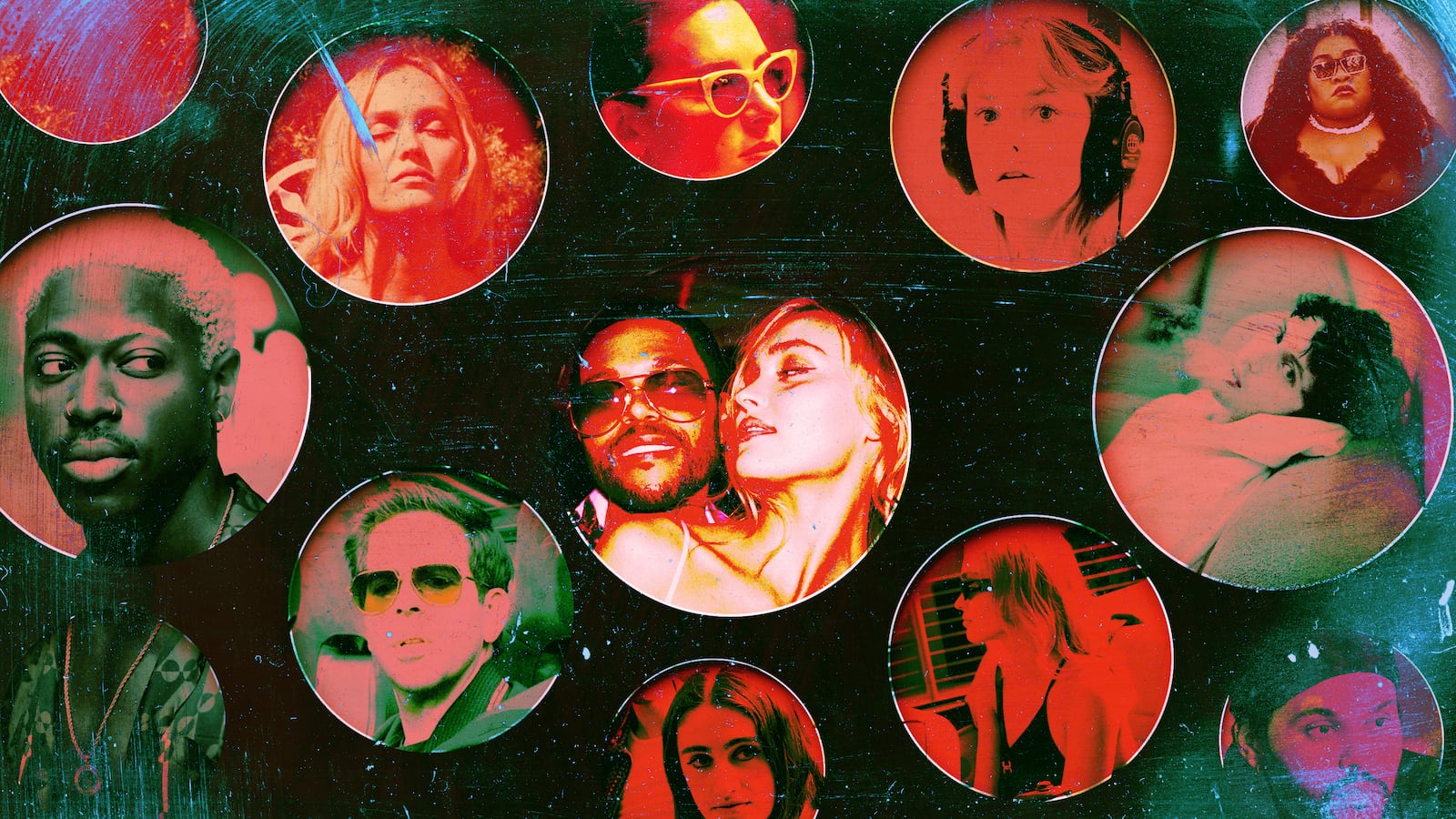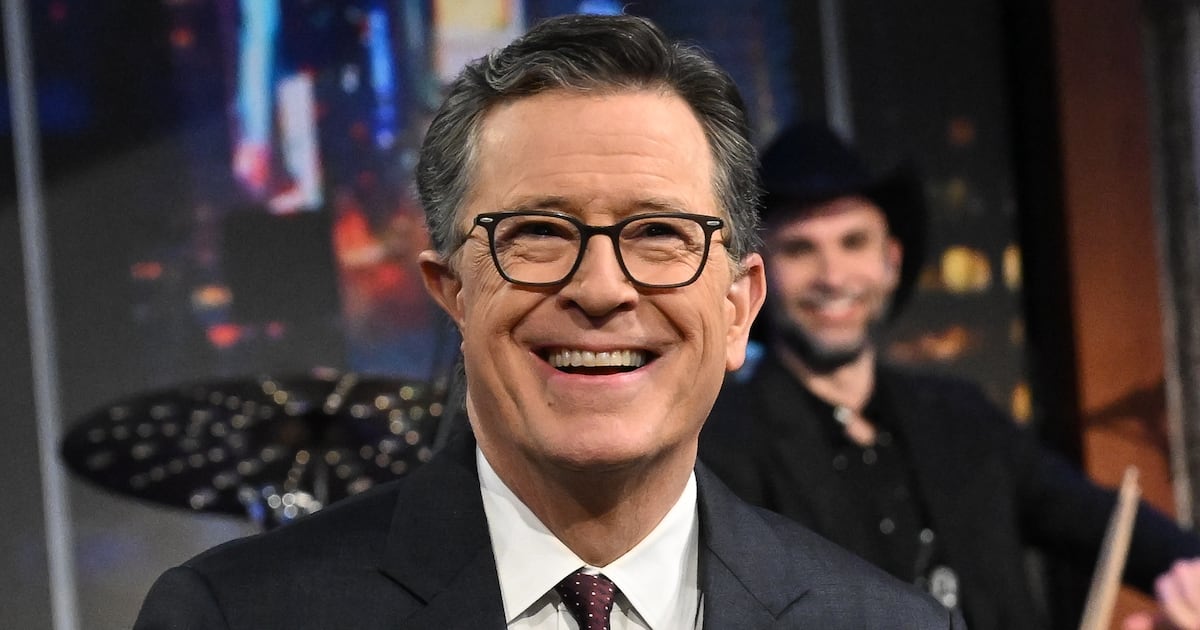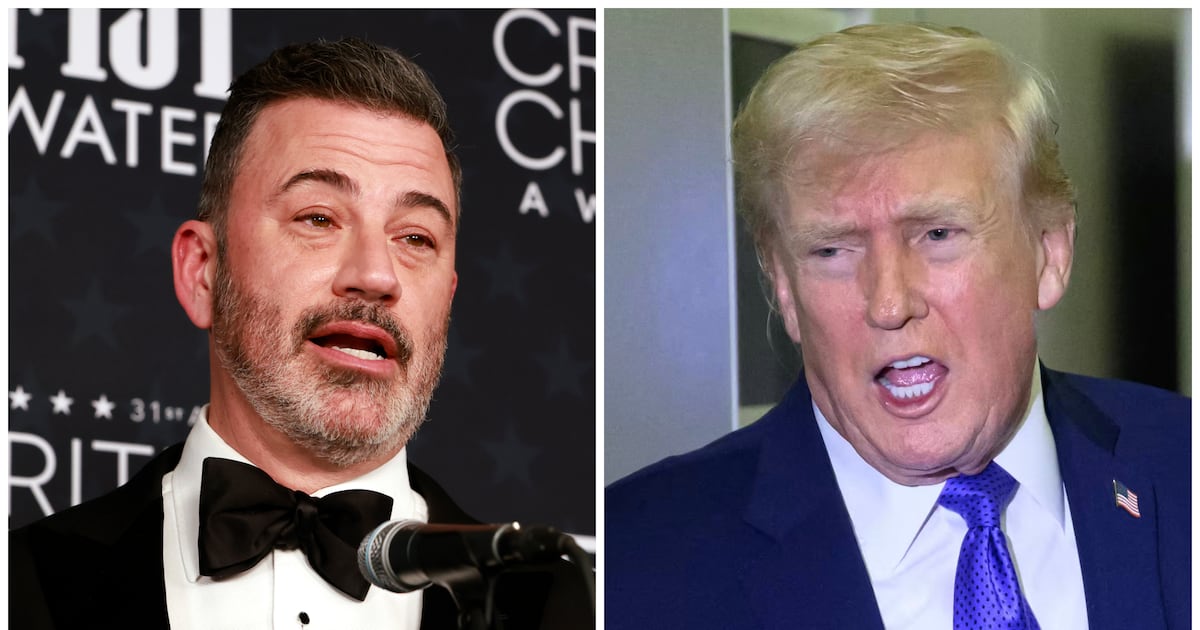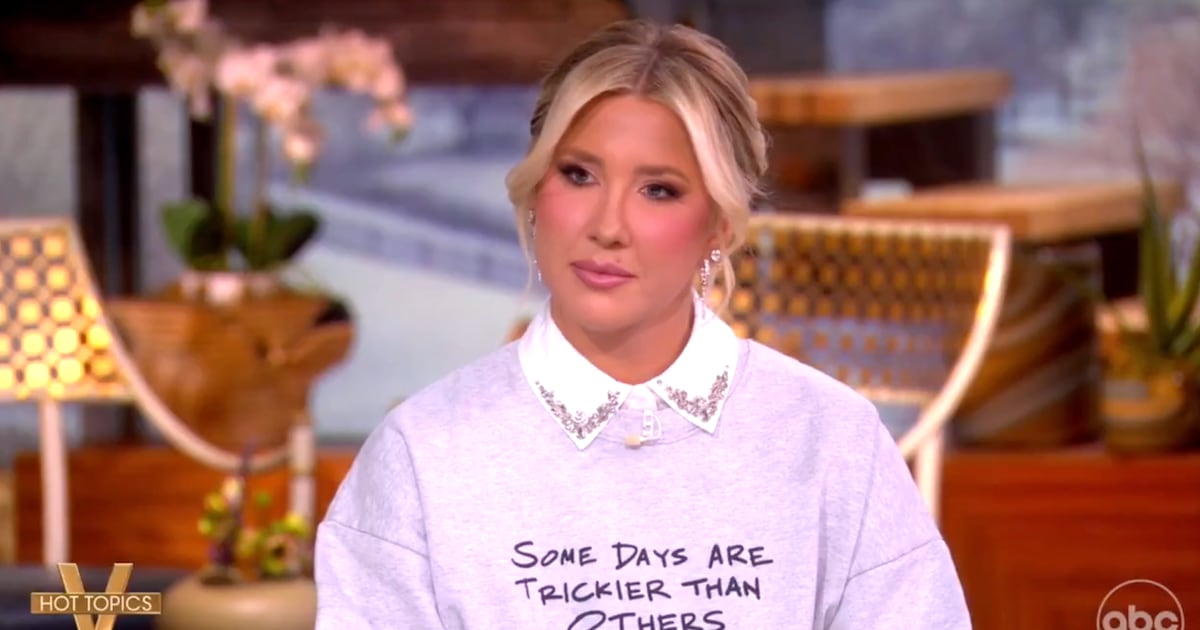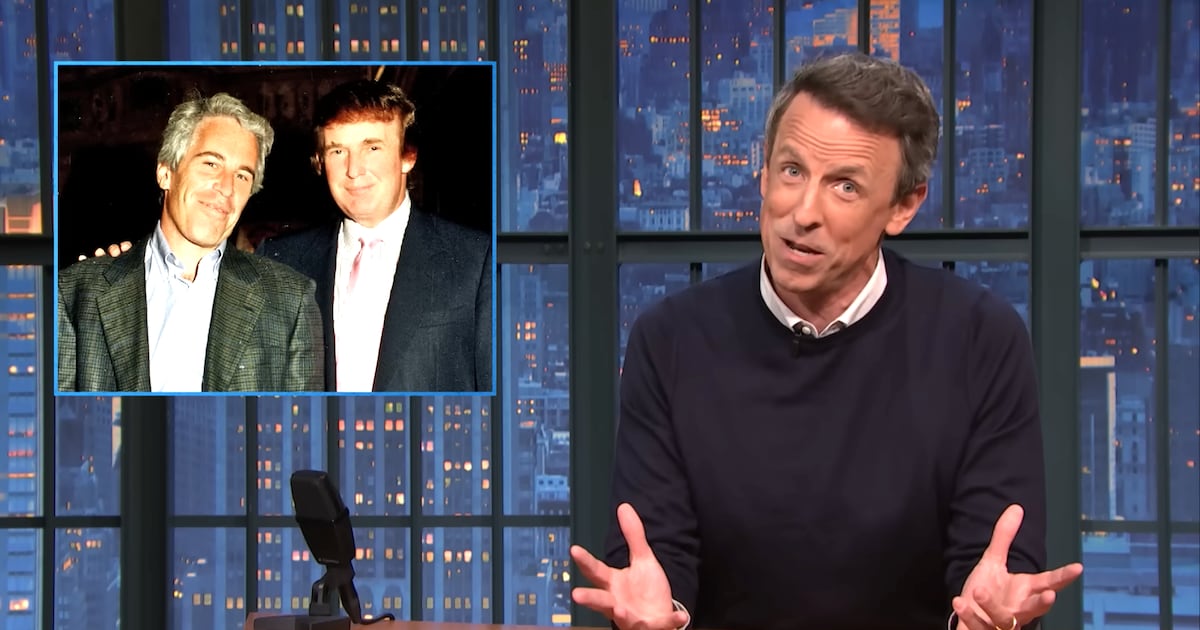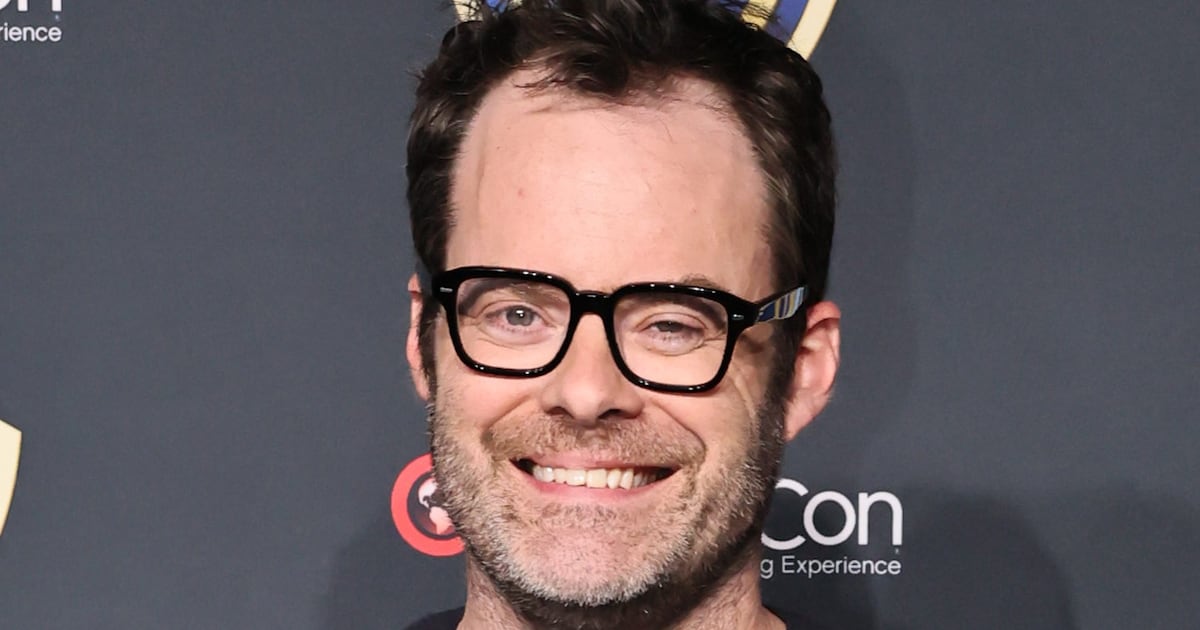It’s hard to believe that HBO’s catastrophic series The Idol was promising at one point.
The premise of a pop star falling in love with a cult leader seemed fascinating. The Weeknd, aka Abel Tesfaye, was going to show us what he could do as an actor (not a lot, it turns out) following his Uncut Gems cameo. And with talented indie director Amy Seimetz at the helm, it seemed like Sam Levinson had finally allowed someone to swoop in and save him from his own shortcomings as an auteur.
But as we now know, Seimetz was reportedly ousted from the project by Levinson and Tesfaye over creative differences. And a shocking Rolling Stone exposé revealed a slew of behind-the-scenes issues, many of them related to Levinson’s penchant for depicting sexual violence.
Likewise, The Idol has delivered everything you would expect from a Levinson production: poor direction, bad acting—mostly from Tesfaye—a meandering plot, cringy sex scenes, and diatribes against “woke” culture that sound more like Levinson’s voice than the characters. As with Euphoria, the most redeemable aspect of the show is its performers—again, outside of Tesfaye—particularly its star Lily Rose Depp, who elevates abysmal material.

While the first episode presented an interesting analysis of the music industry, the series never followed through with those ideas, leaving the audience to piece together what the show was trying to say—if anything at all.
Ahead of The Idol’s finale on Sunday, The Daily Beast’s Obsessed’s Kyndall Cunningham and Coleman Spilde discuss everything that went wrong with the series—from its depiction of sex to its main villain Tedros—and if there’s any hope for the final episode.
Kyndall Cunningham: Let’s start with the aspects of The Idol we actually liked. You and I agree that the premiere wasn’t as bad or grotesque as the reviews straight out of Cannes led us to believe. I can’t say that it was good. But hanging out with Jocelyn’s team and seeing the inner machinations of her career are far more compelling than her sexcapades with Tedros and whatever vaguely written emotional crisis she’s having.
Coleman Spilde: I genuinely thought the premiere was one of the best episodes of television so far this year. I thought it was the perfect mixture of Sam Levinson’s signature stylistic approach, and a fascinating, base-level dissection of what happens when pop stardom goes off the rails. Judging by the Cannes reaction, I thought it was going to be garbage, and I think loving the pilot made me cling to being a contrarian to the anti-Idol rhetoric. That’s why the rest of the series ended up so disappointing: the potential was there in that premiere, only to string along all of the plot points it set up for five episodes, with no further story progression.

KC: The premiere also gave us an earworm, which I thought we were going to be treated with throughout the show: trashy, cookie-cutter pop music that’s ironically good. (“World Class Sinner/I’m A Freak” is the song of the summer.) The use of music in the premiere felt smart and economical, including the “Like A Prayer” remix when Jocelyn meets Tedros for the first time. But the rest of the show fails on delivering these big musical moments. There’s just a lot of ’80s saxophone music.
CS: Jocelyn’s song was really the centerpiece of that episode, it instantly became a meme for its tawdry deliciousness. The Weeknd’s sonic influence was sorely felt in every original song after that, and he really did permeate the series in all the wrong ways. The first episode spent so much time bringing us into Jocelyn’s world—and setting up what I thought was a fabulously committed Lily-Rose Depp performance—that we had no idea how wretched things would become once Tesfaye got more screen time.
KC: Exactly. The first episode was promising mainly because we got to see what Depp was capable of—and we hadn’t yet been exposed to the monstrosity that is Tesfaye’s “acting.” Ultimately, I ended up being grateful that his performance was so laughably bad because it was the only thing really keeping me awake throughout the subsequent episodes. Anyway, I think we can all agree this man needs to stay away from Hollywood scripts and stick to wearing prosthetics in music videos.
CS: Part of what I found to be so aggravating is that The Weeknd’s influence is so markedly felt on the show. I think there’s a clear delineation between Amy Seimetz’s original version of The Idol, and the one that The Weeknd and Sam Levinson eventually produced. For the first couple of episodes, those versions seemed to have an evident boundary line; Seimetz’s version seemed like Jocelyn’s activities, taking place in the day, while Levinson/The Weeknd’s was exploring Tedros at night. Once Tedros bled into the entire affair, things veered off the rails. That was the most clear to me, you, and every person on Twitter with his laughable performance in Episode 3.

KC: Unfortunately, that whole Valentino scene—plus the slap in the kitchen—is sort of iconic now for its utter terribleness. I have more than 20 recordings from that episode on my phone because I couldn’t believe what I was witnessing. Tesfaye’s whole performance seems so self-indulgent, like he’s living out his Martin Scorcese anti-hero dreams at the expense of a well-crafted scene. But it ultimately comes down to the directing.
With Euphoria, Levinson was blessed with a naturally talented set of actors. And based on interviews, it seems like Levinson takes the Cassavetes approach of letting his performers play around and feel out a scene. But Tesfaye needed the sort of instruction that’s required for a pop star who’s only been stunt-cast in things. All his scenes have this really awkward rhythm. And he delivers his lines like he’s reading off of Saturday Night Live cue cards.
CS: For someone with a lot of musical charisma, he’s extremely stiff on-camera. I think that’s something a lot of musicians don’t necessarily realize, that being a theatrical performer doesn’t necessarily equate to being a good actor. I’ve said before that I think Tedros is meant to be a leech, and that’s why he’s not imposing, because he’s hindered by his own desperation for fame and control. But that directly negates the premise of the show, that everyone is under this wannabe cult leader’s spell. It might be believable that someone could fall for this guy if Tesfaye was more noticeably studied in his craft and the erotic thriller genre, as opposed to just throwing around buzzwords every time he gets pushback.
That said, before the fingerbanging scene in Episode 4, I didn’t really think the sex scenes were as terrible as everyone made them out to be. What’s more confusing is how The Idol conflates Jocelyn’s abuse at the hands of her mother with her desire for kinky sex and torrid relationships. These things could all fit together with some decent writing—and a woman’s point of view—but without that, they’re left floating with no narrative throughline, which has been upsetting to so many people.

KC: That’s a really good point. I don’t think all sex scenes need to have a specific purpose or move the plot along. But Levinson was obviously trying to make a (albeit heavy-handed) correlation between Jocelyn’s trauma and her “twisted” sexual desires that never really manifested. The multiple scenes of Jocelyn masturbating were confusing as well. Like, “let’s shoehorn some female empowerment between all this degrading sex!”
In general, the show’s sexual content felt really compulsory. Like, “Oh, it’s been two minutes since Tedros has been gross to Jocelyn, so let’s have him lightly spank her in a store closet.” If you’re going to portray sex in such an un-erotic way, it should at least be jarring and weird.
CS: Sex—both having it, and using it—was undoubtedly a big part of this show’s conceit. Sexuality was far more interesting when The Idol was discussing sensuality as a music industry tool. That’s something we’re all aware of, and the show could have found compelling ways to elucidate the connection between sex and sales. The best we got out of that was Jocelyn’s “human cumsock” moment in the first episode, which ultimately did not feel like nearly as big of a hindrance on Jocelyn’s career as the series initially made it out to be.
We ended up with Troye Sivan’s character, Xander, suggesting that Jocelyn use the photo as her album cover. It’d be a wild move, but at least we could see the seismic impact it would have on her place in the industry. Instead, Xander ended up largely shafted by the show, like most of the tertiary characters. Yet he’s still the sole point of narrative progression that we’ve gotten this entire time, when he’s tortured by Tedros into revealing that Jocelyn’s mother’s abuse didn’t stop at her daughter. I think that scene was the first time the show felt like it had real stakes, and then it abandoned them by the time the episode was done.

KC: Yeah, instead we move on to an absolutely bone-chilling scene of Tedros spraying Leila with a water gun. The appearance by Jocelyn’s ex at the end of that episode also took us down another needless but predictable path (aka Tedros will get pissed and do more bad things.) I’m confused about how the show will wrap up because everyone feels so aimless. I have to assume it’ll end in some bloodshed. But will we have any grasp on what the show was actually about?
CS: Unfortunately, I don’t think we will. It would appear that we’re headed for a Jocelyn concert performance, which could bring some sort of excitement (or terror). There was also that scene of her furiously walking through her label’s offices from the (very good, extremely misleading) third trailer. But I’m no longer confident this show has an endgame in mind. I can’t have been the only one hoping Tedros would kill Joss’ ex, just to raise the stakes. That didn’t happen, of course. The Idol has defied my expectations in the worst ways. This show had the potential, the budget, and the runtime to be a singular analysis of the music industry’s toxicity. Instead, it fell prey to the same narcissism it was trying to send up.
KC: I highly doubt The Idol can be saved at this point, even if the finale is miraculously good. I also can’t imagine anyone revisiting this show five or 10 years from now and giving it a reappraisal. It just sucks that what initially seemed like a promising series turned into a casualty of male egos. Ultimately, I think the chaos behind the scenes and the rollout of the show tells a more compelling story about showbiz than Levinson or Tesfaye can ever offer. I can’t wait for the tell-all book.
Keep obsessing! Sign up for the Daily Beast’s Obsessed newsletter and follow us on Facebook, Twitter, Instagram and TikTok.
Read more of our The Idol coverage HERE.
